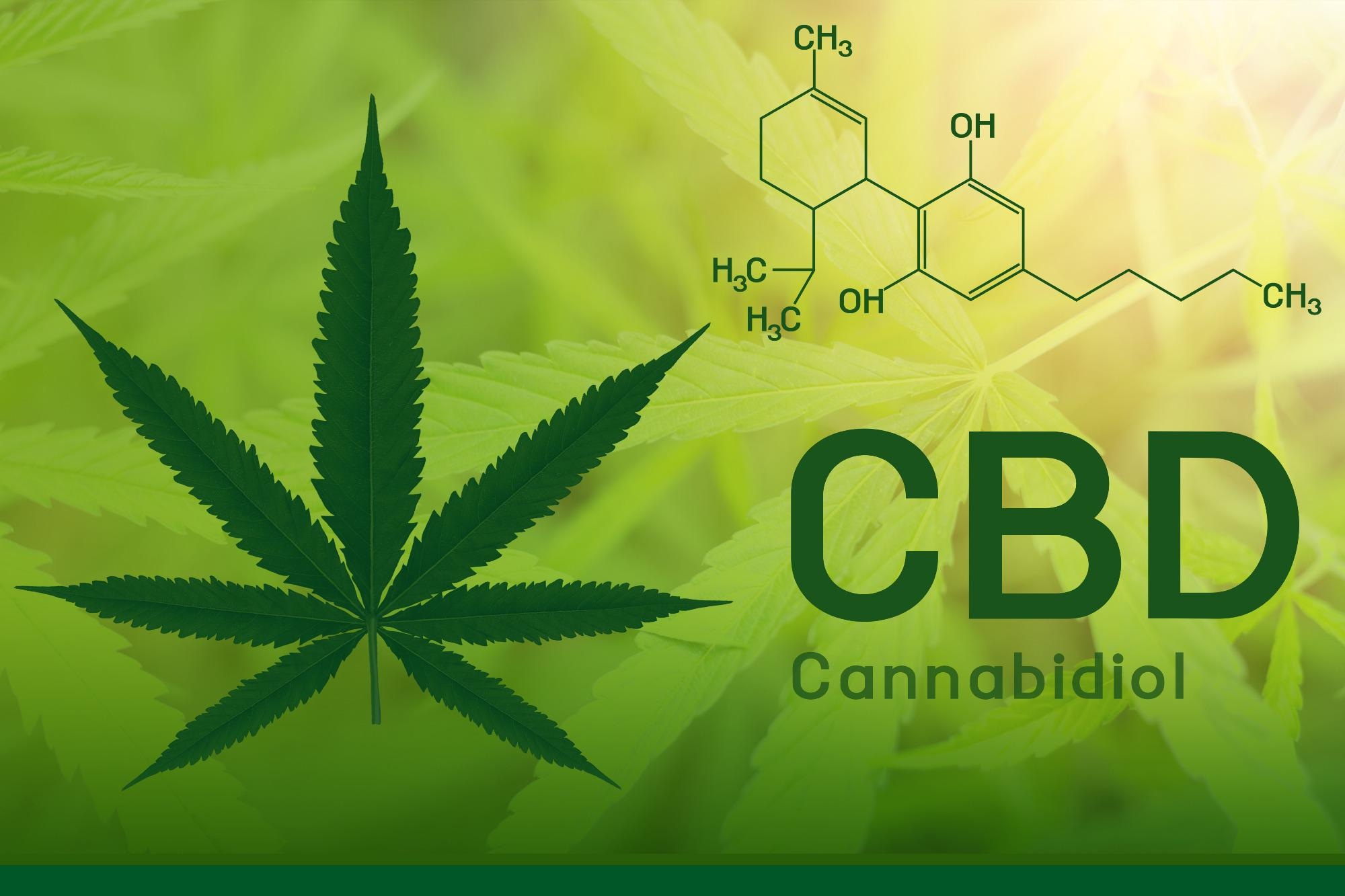Introduction
In the rapidly growing CBD industry, it can be challenging to navigate the abundance of information available. With the increasing popularity and potential therapeutic benefits of CBD (cannabidiol), it’s crucial to know who you can trust for accurate and reliable information. This comprehensive guide aims to provide you with the tools and knowledge to identify trustworthy sources of CBD information, understand key considerations when evaluating information, and make informed decisions about CBD products
Table of Contents
- Importance of Reliable CBD Information
- Recognizing Trustworthy Sources
- Researching CBD Companies and Brands
- Professional Experts and Organizations
- Scientific Studies and Research
- Government and Regulatory Bodies
- Customer Reviews and Testimonials
- Red Flags: Identifying Untrustworthy Sources
- Understanding Biases and Conflicts of Interest
- Seeking Guidance from Healthcare Professionals
- Conclusion
Importance of Reliable CBD Information
Reliable CBD information is essential to make informed decisions about product selection, usage, and potential benefits. With inaccurate or misleading information, individuals may risk purchasing ineffective or unsafe CBD products. Trustworthy information sources can provide accurate details about CBD, dosage guidelines, potential side effects, legal considerations, and more.
Recognizing Trustworthy Sources
Look for trustworthy sources that prioritize accuracy, transparency, and evidence-based information. Trustworthy sources often have a strong reputation, adhere to ethical standards, provide scientific references, and are open about their sourcing and manufacturing processes. Reputable sources aim to educate consumers, not solely promote products.
Researching CBD Companies and Brands
Conduct thorough research on CBD companies and brands before trusting their information. Consider factors such as product quality, transparency, third-party lab testing, manufacturing practices, and customer reviews. Reputable companies provide detailed product information and willingly share their testing results to ensure quality and safety.
Professional Experts and Organizations
Industry experts, healthcare professionals, and organizations specializing in CBD research and education can be reliable sources of information. Look for professionals with credentials, experience, and a commitment to evidence-based information. Organizations like the World Health Organization (WHO), National Institutes of Health (NIH), and reputable medical associations often provide reliable CBD resources.
Scientific Studies and Research
Scientific studies and research papers published in peer-reviewed journals are valuable sources of evidence-based information. Look for studies conducted by reputable institutions, universities, and researchers. These studies undergo rigorous scrutiny and provide insights into the potential benefits, risks, and mechanisms of CBD.
Government and Regulatory Bodies
Government and regulatory bodies can provide reliable information on CBD laws, regulations, and safety considerations. Consult official websites, such as the U.S. Food and Drug Administration (FDA) or relevant health departments in your country, for guidance on CBD regulations, approved medical uses, and potential risks.
Customer Reviews and Testimonials
While customer reviews and testimonials can offer insights into personal experiences with CBD products, they should be considered with caution. Look for reviews from verified buyers and consider a range of opinions. Keep in mind that individual experiences may vary, and anecdotal evidence should not replace scientific research or professional advice.
Red Flags: Identifying Untrustworthy Sources
Be wary of sources that make extravagant claims or promises without supporting evidence. Look out for biased or promotional content that lacks transparency or scientific references. Beware of sources that rely solely on personal anecdotes or lack verifiable credentials. Additionally, be cautious of sources that promote unsafe practices or encourage unregulated CBD use.
Understanding Biases and Conflicts of Interest
Recognize that biases and conflicts of interest can influence the information provided by certain sources. Some individuals or organizations may have financial incentives or affiliations with specific CBD companies, which can impact the objectivity and accuracy of their information. Consider multiple sources and cross-reference information to mitigate the impact of potential biases.
Seeking Guidance from Healthcare Professionals
Consulting healthcare professionals, such as physicians, pharmacists, or naturopaths, can provide personalized advice and guidance based on your specific health needs and medical history. They can offer insights into potential drug interactions, appropriate dosage, and any contraindications with existing health conditions.
Conclusion
When seeking reliable CBD information, it’s crucial to turn to trustworthy sources that prioritize accuracy, transparency, and evidence-based knowledge. By researching CBD companies and brands, consulting professional experts and organizations, reviewing scientific studies, and being aware of biases and conflicts of interest, you can make informed decisions regarding CBD products. Remember to seek guidance from healthcare professionals for personalized advice. With reliable information, you can navigate the world of CBD confidently and safely.
- What are the Best THC-O Disposable Vape - July 24, 2023
- Can You Eat Fruit on a Low-Carb Diet? It Depends - July 18, 2023
- CBD Information: Who Can You Trust? - June 26, 2023

